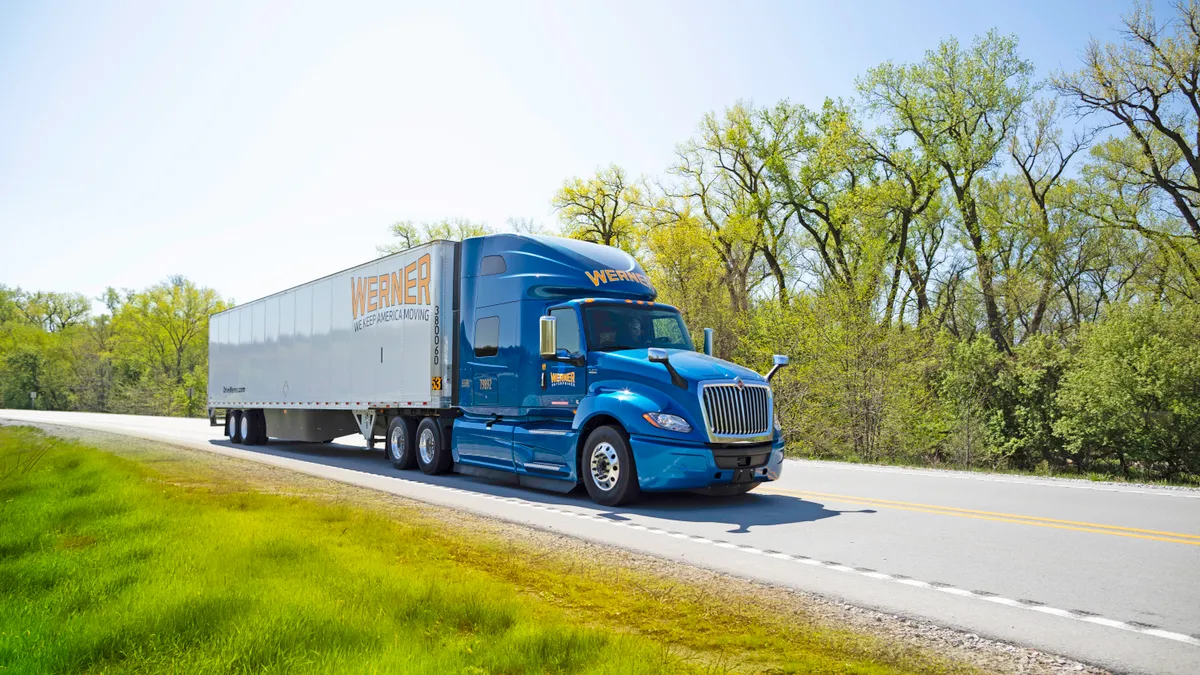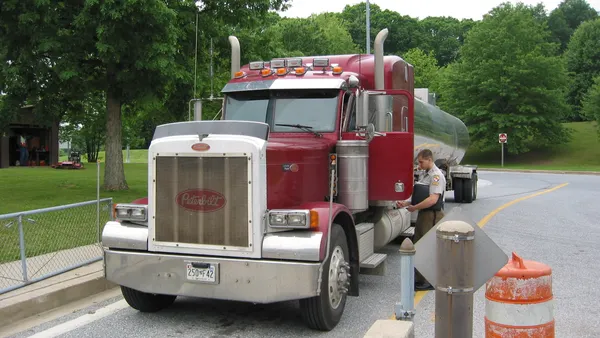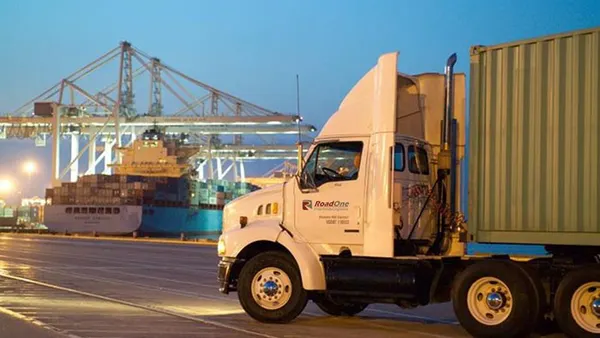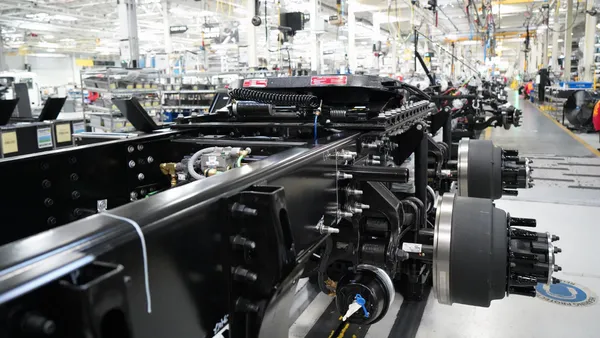Cheyenne Martinez is grateful for Werner Enterprises’ apprenticeship program because it led to a job with the company.
“I found out about the program when I was a student at Roadmaster Truck Driving School,” she said. “A recruiter spoke to us about the apprenticeships and how Werner supports the military, [which] is what made me decide to drive for Werner.”
Martinez was an active Army reservist at the time she joined Werner.
Numerous industries have used apprenticeship programs and internships for years to train and recruit workers. While each have their respective merits, apprenticeships may offer someone more focused training as well as a paycheck, said Dave Harrison, executive director for workforce development, government programs and military employment issues at Fastport, a software company for job placements.

Harrison said internships may offer pay to participants but in some cases placement may only last between one and two months with no dedicated mentor. This isn’t the case with apprentice programs developed through Fastport, which serves as a Department of Labor industry intermediary.
“Apprenticeships take more time than internships and do come with a mentor,” Harrison said. “[They] teach jobs skills and are paid.”
Werner turns to apprenticeships
The trucking industry, which is facing widespread driver shortages, has incorporated apprenticeships into its recruiting efforts.
Werner Enterprises was an early adopter of apprenticeships when it began offering them in 2006, said Greg Hamm, vice president, field and government recruiting. The company expanded its offerings in 2015 with a program for diesel mechanics and this year added another focusing on transportation managers.

“All three apprenticeship programs at Werner are currently running,” Hamm said. “We paved the way for truckers and mechanics to earn while they learn.”
Martinez graduated from Werner’s truck driving apprenticeship program but didn’t officially apply to it.
When she was hired by the company, she was considered a preferred student because of her veteran status, she said in an email. That meant she was automatically enrolled in the driving program.
Martinez served in the Army National Guard between 2014 and 2021. During that time, she drove for Werner for three years and was complimentary of the training she received through her apprenticeship.
“The apprenticeship program opened many doors for me as a driver,” Martinez said. “I got to become part of the Freedom Fleet because of my driving record and the knowledge I obtained.”
Werner’s Freedom Fleet includes drivers who are military veterans or active reservists. The fleet’s hero trucks honor firefighters, police forces and medical teams, she said.
Hamm said recruiting and retaining veterans is among Werner’s goals.
“Currently 20% of our staff are veterans,” Hamm said. “We provide them employment and take care of them and their families so they can build a life after their service.”
Martinez is an example of Werner’s commitment to veterans. She no longer drives a truck for the company, but now works as an office associate.
Apprenticeships show a return on investment
Harrison said Fastport can assist companies interested in launching apprentice programs with an emphasis on targeting veterans as well as other segments of the population. A goal of his organization is to expand logistics and transportation industry apprenticeships.
Fastport can fast-track an apprenticeship program at no cost to businesses, he said. Fees are paid by the Department of Labor.
“First there is a discovery conversation,” which helps provide a program with the least resistance and most efficacy, Harrison said.
He said if a potential apprentice is enrolled in a truck driving school and already completed eight weeks of training, they are given credit for that time.
Hamm said effective apprenticeship programs require buy-in from top leadership at the start. Executives must also have a clear understanding of how they work.
“It requires tapping into resources, but the ROI is immediately quantifiable,” he said.












